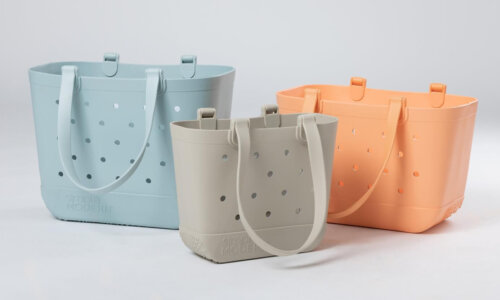When it comes to tax season, there’s really only one thing most of us look forward to: the possibility of a tax refund.
But, many refunds may not be as high as last year, due to tax rule changes and the end of stimulus programs.
Kim Davis, who made an annual Goodwill donation, said, “There are people who need the things I no longer need.”
But the bins at her local Goodwill were mostly empty, because charitable donations no longer give most taxpayers a tax break, unlike last year.
Goodwill’s Michael Flannery says, in the past, “the cars, New Year’s week, would be lined up around the building. Because everyone wanted to get that receipt for their taxes so they could get the deduction.”
But, he says, with the loss of the deduction, “that’s not going on now.”
Changes that could mean a smaller refund for you
Not being able to take a deduction for that used clothing you donated is just one change that taxpayers will see this year. The move could lead to a slightly smaller tax refund, according to experts.
Mark Steber of Jackson Hewitt says refunds will look a lot more “normalized” compared to refunds issued last year.
“Just be prepared for some refund volatility or, perhaps in a real-world context, some refund shock,” Steber said.
According to the IRS, the average refund in 2022 was more than $3,200.
That was up from $2,800 in 2021.
But this year, Steber says refund amounts are more likely to mirror refunds from 2019, or 2020.
The biggest reason: there were no federal stimulus payments issued in 2022, which many people collected at tax time.
In addition, Congress in 2021 gave families a boost with the expanded Child Tax Credit which has since expired.
But, Steber says, it’s not all doom and gloom, with many more tax credits to take advantage of.
“There are dependent care credits, education credits and that list goes on and on,” he said. “So, if you’re in one of those, especially new this time, you may get a bigger refund than you got last year.”
What you can do
Steber says the best thing to do is:
- Get your tax records organized now
- Enter your charitable donations, in the event you can itemize deductions and still deduct them
- File early
- File electronically
Meantime, back at Goodwill, Michael Flannery says they are still in need of donations, even if you can no longer claim that clothing and household goods as tax deductions in most cases.
So keep giving to those in need, as you work on your taxes, so you don’t waste your money.







